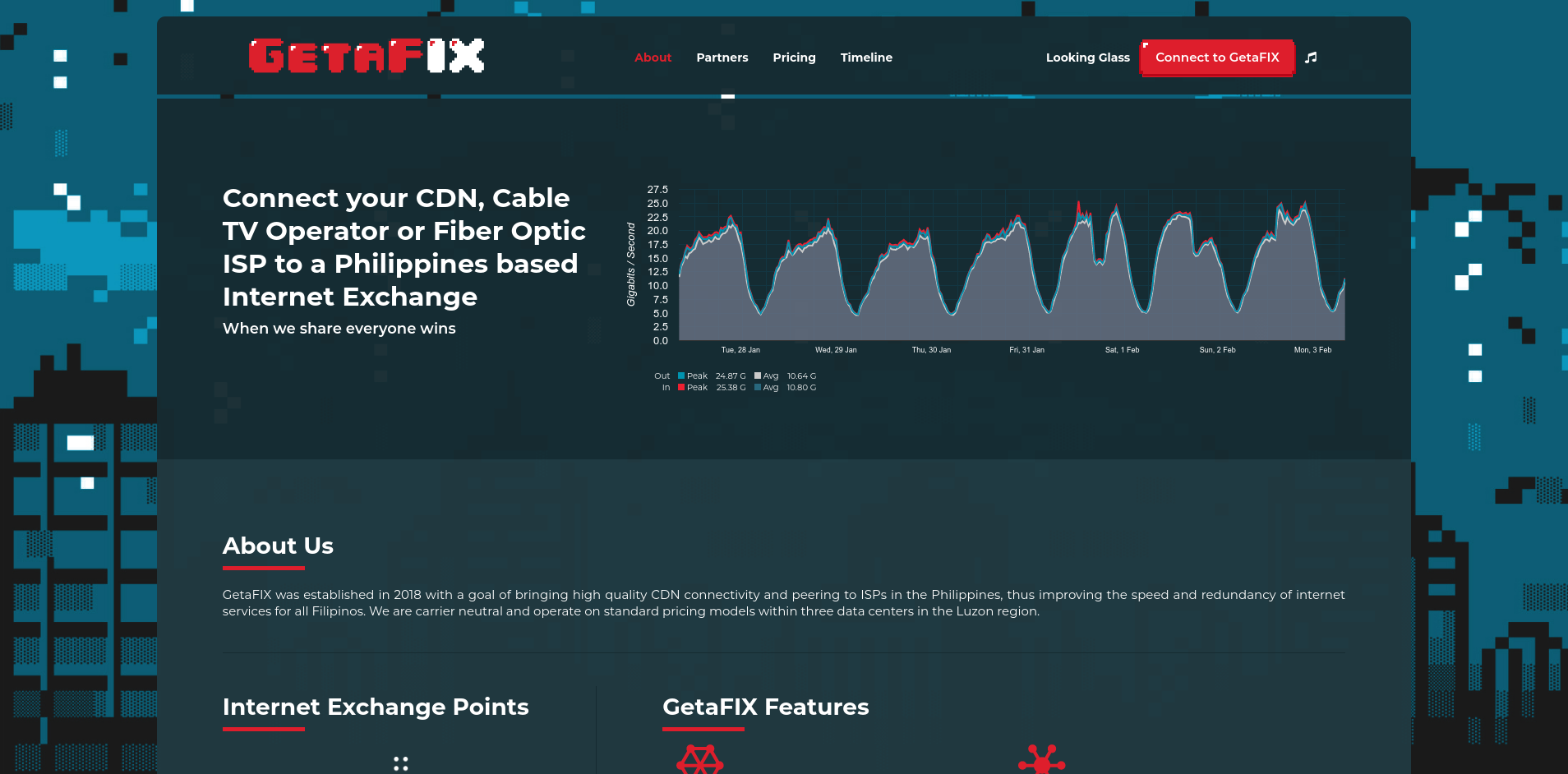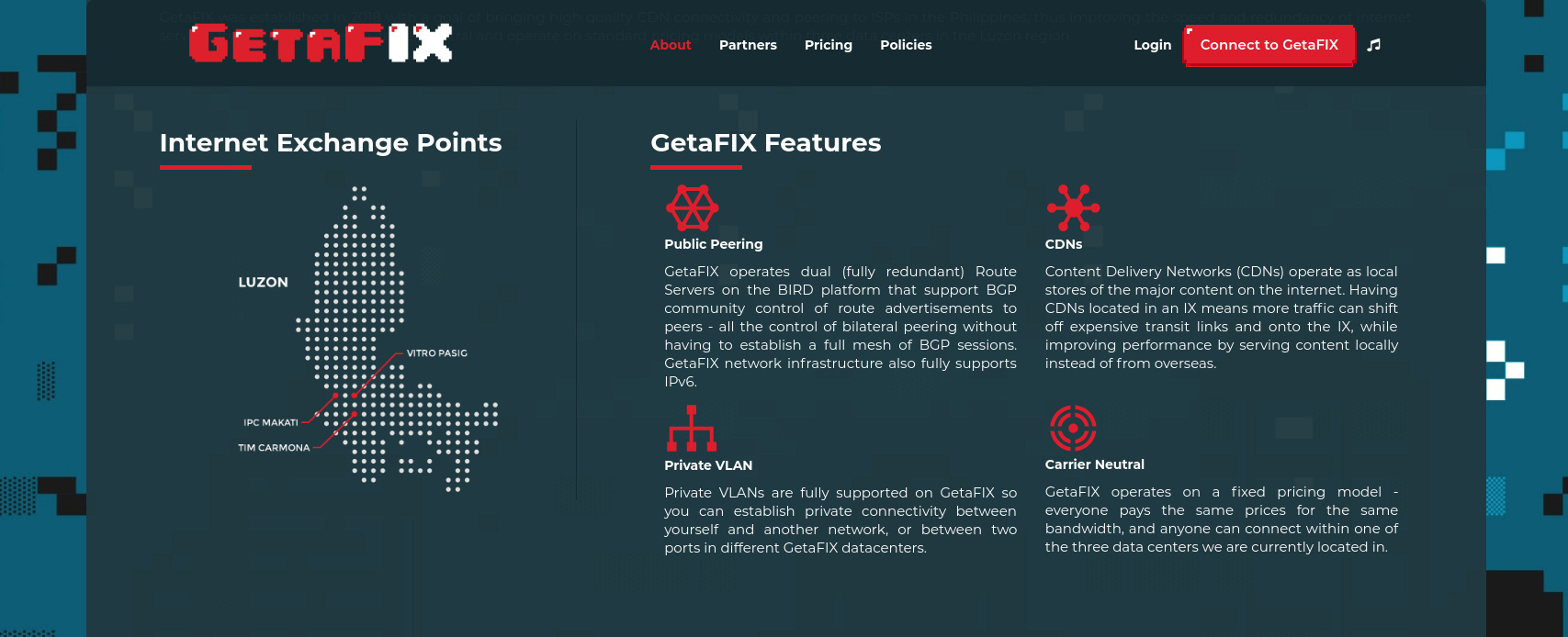Unlocking the Philippines' Digital Potential: The Importance of Open Access to Data
The World Bank highlights the Philippines' unique telecom legislation as a barrier to digital growth. With the Konektadong Pinoy Act on the horizon, the nation might soon see transformative changes in internet accessibility, affordability, and quality, paving the way for inclusive digital progress.

The digital landscape of the Philippines is on the cusp of a significant transformation, thanks to recent legislative efforts aimed at expanding internet access. The World Bank, an advocate for open data access, has underscored a critical issue: the Philippines remains the sole nation globally that mandates a legislative franchise for building and operating telecommunication networks. This unique requirement has been a significant roadblock to advancing the country's digital infrastructure.
In a policy note issued January 2024, the World Bank stated,
“Compared to its neighbors, the Philippines’ internet connectivity lags in affordability, speed, and access, creating an uneven landscape for digital participation. The price of fixed broadband, for example, is more than four times higher than Malaysia and Vietnam, and two times higher than the ASEAN (Association of Southeast Asian Nations) average.”
This stark comparison highlights the urgent need for policy reform to level the digital playing field for Filipinos.
Moreover, the World Bank's report points to troubling statistics regarding mobile broadband, which is vital for consumer adoption of modern digital services. In 2022, the Philippines had the lowest mobile broadband subscriber rate among large ASEAN economies, with 70 active subscribers per 100 inhabitants. Astonishingly, the country accounts for more than half of the ASEAN population unconnected to mobile broadband. This connectivity gap underscores the pressing need for innovative policy solutions to boost digital access.
Recognizing these challenges, the 19th Congress of the Philippines ratified the Konektadong Pinoy Act, also known as the Open Access to Data Transmission Act. This legislation aims to revolutionize internet service in the country by expanding access, lowering consumer costs, and enhancing service quality, particularly in underserved regions. The bill is now awaiting the signature of President Ferdinand Marcos Jr. If enacted, it could serve as a pivotal reform, creating opportunities for small investors and consumers, and uplifting the economically disadvantaged by providing reliable and affordable internet services.
“Outdated policy and regulations have long stunted the growth of the country’s broadband industry and expansion of digital infrastructure.”
Reforms like the Konektadong Pinoy Act are crucial for fostering inclusive growth through digitalization in the Philippines. By promoting competition, encouraging investment, and upgrading broadband infrastructure, the country can make strides toward achieving a digitally inclusive society.
The potential impact of such a law cannot be overstated. Fast, accessible, and affordable internet service could be a game changer for Filipinos, driving economic growth and improving quality of life, especially if implemented effectively. The journey towards digital inclusivity and economic progress hinges on these critical policy changes, setting the stage for a brighter digital future for all Filipinos.
Source: https://visayandailystar.com/opening-access-to-data/



